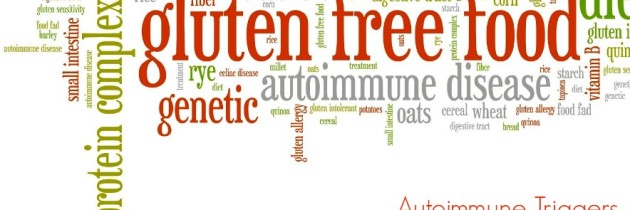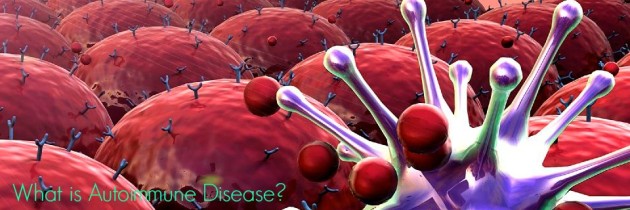Nutrients For Your Bones
Osteoporosis is a silent condition developing over many years. The bones in the body lose mass and density affecting millions of Americans. The name literally means “porous” bones. The bones become brittle, and you are more prone to broken bones, fractures of the hips, spine, and wrist. The best defense against osteoporosis is building strong bones, and maintaining a healthy lifestyle. Bone is like having a bank account. If you want a healthy account keep making deposits consisting of valuable nutrients and a positive lifestyle.
Everyone is affected
This silent disease develops over a life time and culminates in the elderly, especially women. Once women reach their 30’s, their bone mass begins to deteriorate. Genetics, lifestyle factors, and hormonal status are major factors that influence the balance between bone resorption and bone formation. If you have a family member with osteoporosis this places you at high risk.
Osteoporosis prevention
Osteoporosis is a preventable if appropriate dietary and lifestyle measures are followed. Women of all ages should make building bones a lifelong priority. Bone is a living tissue that depends on a constant supply of nutrients, more than the typical recommendation of calcium. The primary goal is prevention.
Strong bone builders
- Calcium builds bone and food is the best source of calcium. Calcium rich foods include dairy products but bok choy, broccoli, kale,almonds, and canned sardines are also calcium rich.
- Calcium blockers. A standard rule is to limit your intake of alcohol, caffeine and salt. These foods can interfere with calcium absorption.
- Vitamin D helps stimulates the absorption of calcium. Daily, spend 20 minutes in the sunshine to get extra Vitamin D. Foods rich in Vitamin D are herring, mackerel, salmon, sardines, eggs, beef and pork. A Vitamin D supplement of 400 -1000 IU may be helpful but get your levels tested first so you know your baseline for Vitamin D.
- Minerals such as magnesium, phosphorous, potassium, and selenium are important. Brazil nuts and pumpkin seeds are great bone builders.
- Vitamin K may reduce bone fractures and improve bone mineralization; it activates a protein necessary for bone strength. Kale, cabbage, cauliflower, Swiss chard, Brussels sprouts, spinach and all leafy green vegetables are excellent sources of Vitamin K.
- Boron is a trace mineral providing a protective effect. It’s present in fruits and vegetables, especially green leafy vegetables. Typically the diet is low in this nutrient, so you can supplement with up to 3 mg Boron daily.
Nutrition plays an important role slowing the loss of bone. Calcium and Vitamin D were initially considered the most important nutrients. Scientists now have discovered many other key factors are necessary to prevent osteoporosis. Copper, zinc, manganese, phosphorous, potassium, silica, boron, Vitamins K, C, and B6 are necessary for the bone matrix. Reducing intake of alcohol, sugar, tobacco, salt, highly processed foods, Trans fats, soda, and coffee will all help prevent and reverse bone loss.








